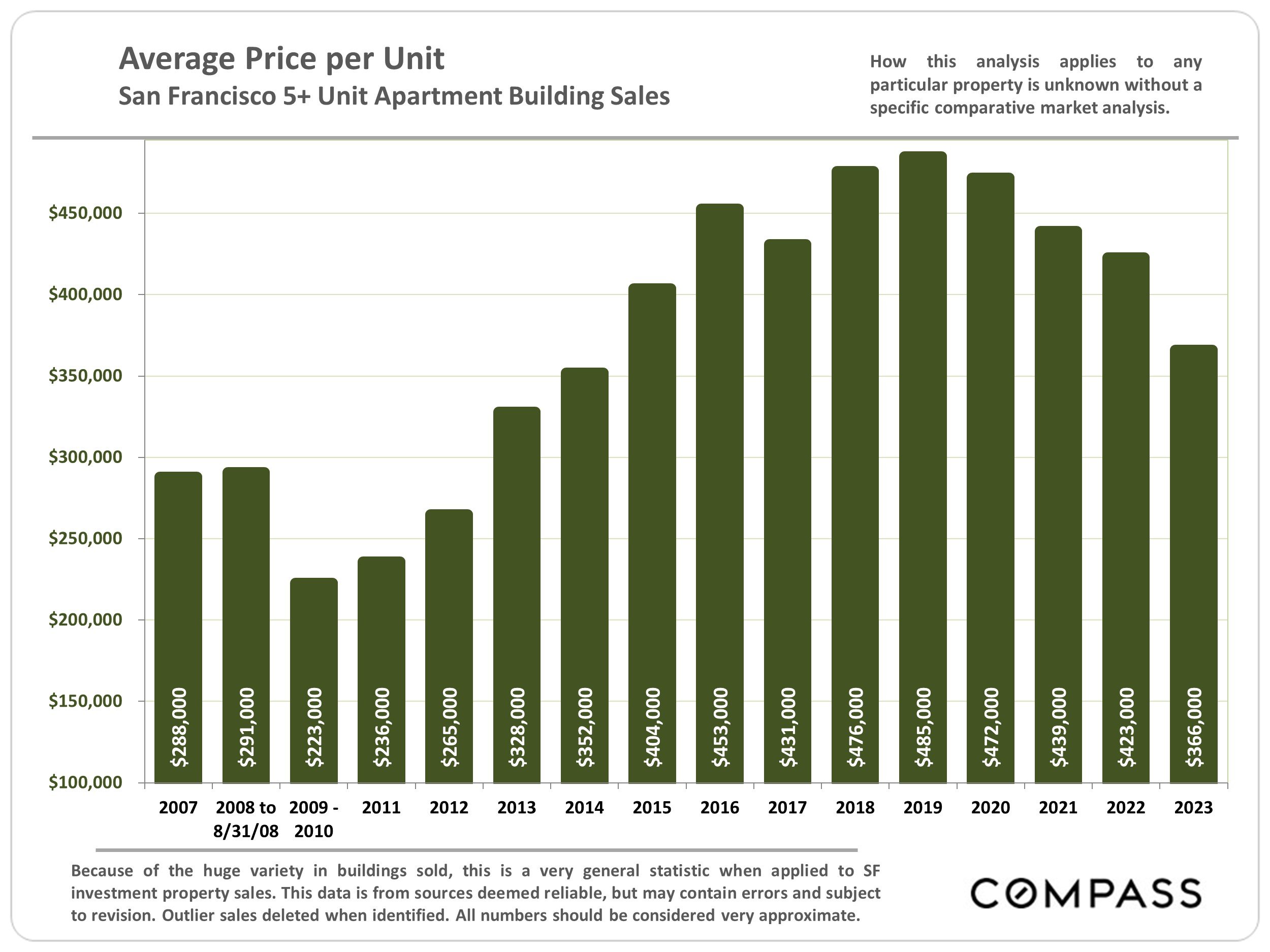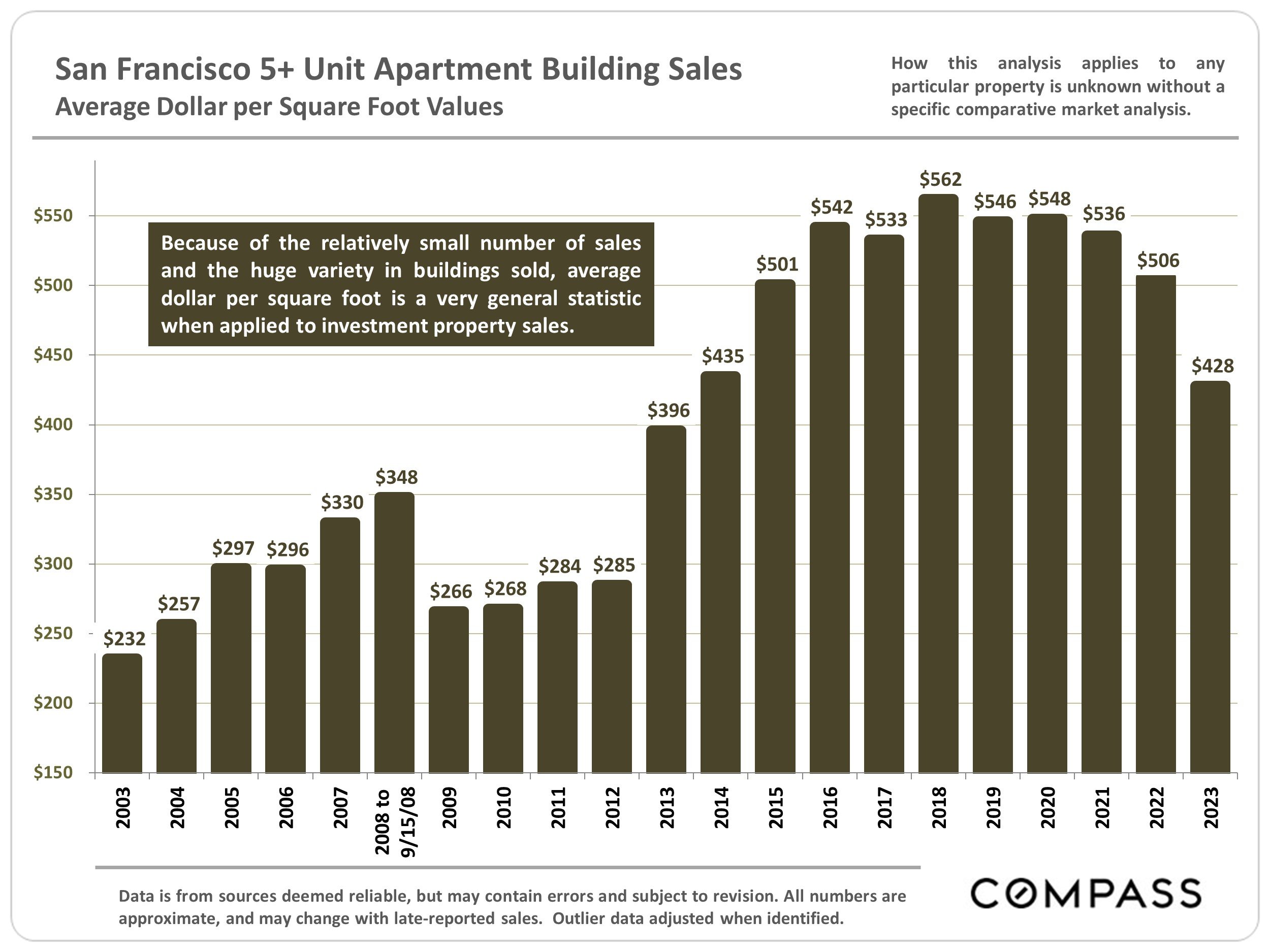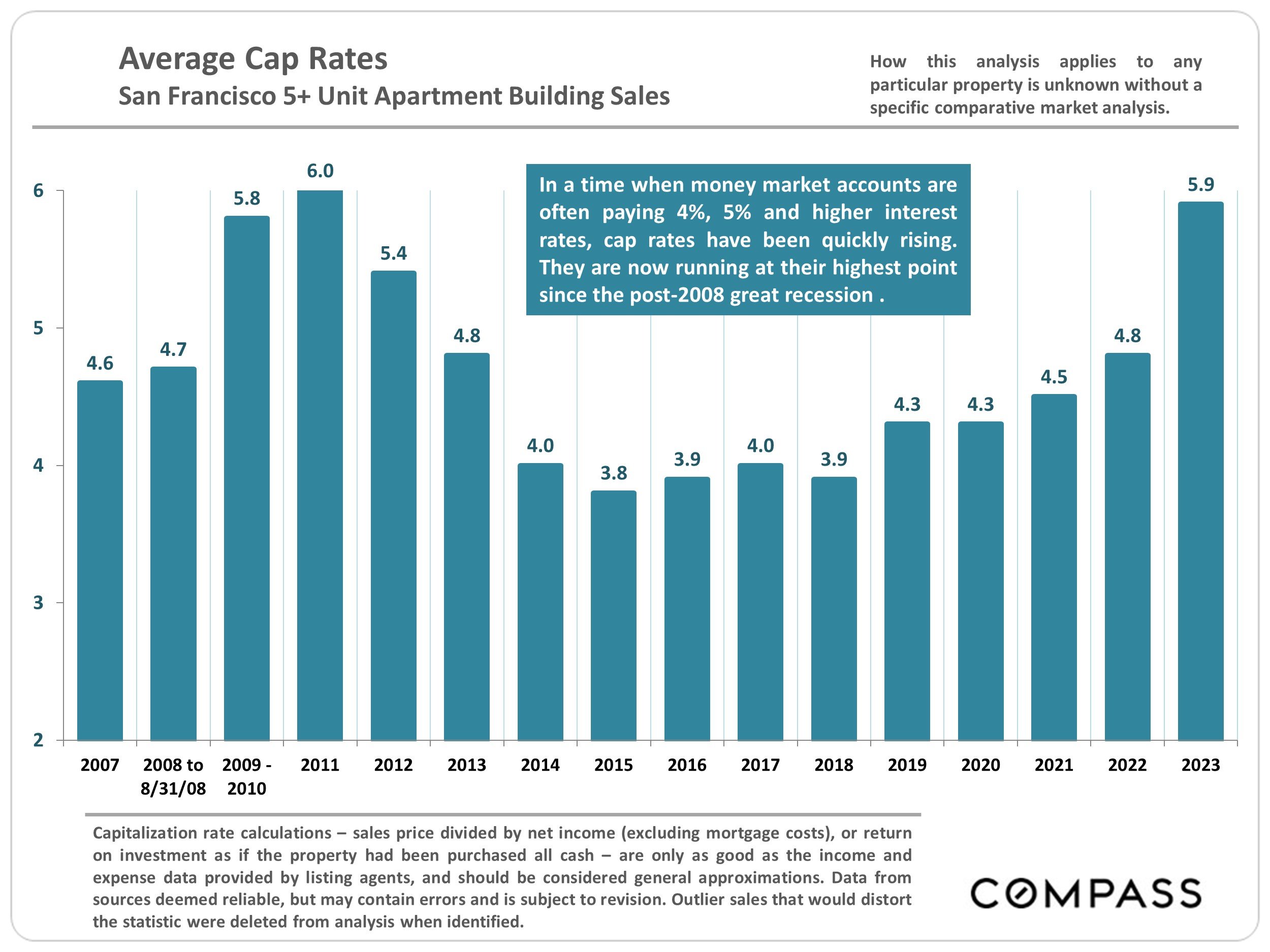January 2024: Q4 (‘23) San Francisco Apartment Insider
Hello and Happy New Year!
Hopefully you and your family had time to decompress and relax. As we enter 2024 the “state” of San Francisco has changed for landlords; there is potential for optimism as we think we’ve seen the bottom. Yet, there are political and economic concerns that affect your ability to run an efficient business and attract quality tenants.
Looking at the statewide political landscape, the effort to repeal Costa-Hawkins will go to the voters this November for a third attempt (for reference, in 2018 and 2020 Californian’s struck down similar rent control ballot measures). The Justice for Renters Act, an initiative which will expand local control over rent laws by replacing Costa-Hawkins. The 28-year-old Costa-Hawkins law prohibits rent control on single-family homes, condominiums and rental units that were built after 1995.
On July 1st, AB 12 goes into effect. This law caps security deposits at one month’s rent (regardless if the unit is furnished or unfurnished). An exception was carved out for owners of no more than two rental properties, comprising no more than four (rental) units. Those owners can request up to two months’ rent. Keep this new law in mind as you fill your vacant units in the first half of the year.
Looking at local politics as well as the ebbing City budget, we’ll start with a “good grief” moment from Supervisor Preston. He wants to ban “dangerous” landlords from owning or operating rental properties in San Francisco. Apparently, Preston is furious about the recent sale of a residential building to a landlord with a “problematic” past. Of course, his anger is not directed at any of the many City funded QNP's that have first right to purchase such properties. Apparently, Preston wants to become judge and jury on landlords. I see this going nowhere.
In other local legislation, on January 1, 2024, San Francisco’s empty homes tax (EHT) will go into effect with requirements to file and pay the Office of the Treasurer and Tax Collector starting April 30, 2025. San Francisco’s vacancy tax law will hit owners of buildings of three or more units with a tax if a residential unit has been vacant for more than six months in a given year. The taxes are increased the longer the property is vacant. The larger the square footage, the higher the tax. For reference, the EHT is currently facing a legal challenge from several pro-owner groups.
As we take a brief look at the City budget and its growing deficit, should landlords (and property owners in general) be concerned about some new parcel taxes and fees to help balance the budget? Let’s hope not, but the Board of Supervisors OK’d business tax refunds that prompted the mayor to order emergency budget cuts in ‘Q4. Some of the refunds:
An $18M refund to Twilio (for user telephone and line taxes)
Refunds of gross receipts’ taxes and homelessness gross receipts’ surtaxes authorized under “Big C,” (“overpaid executive tax” passed in 2018 to put an extra tax on wealthier companies to fund services for people experiencing homelessness) including:
$252,526 refund to Macquarie Holdings
$1,355,943 refund to Bank of New York Mellon Trust
$1,039,237 refund to PFP Holdings
A refund of $4.2M in various business taxes to AppLovin, including from the “Big C” (noted above)
The city settled with WeWork, refunding over $13M in overpaid taxes (from “Baby C” an office rents tax passed by voters in 2018 to fund early child care programs).
General Motors (for it’s subsidy Cruise) filed a lawsuit against the city alleging overpayment of $108M in taxes on the company over seven years (this is a recent lawsuit and its not yet resolved).
Also affecting the city budget are property taxes. The number of appeals challenging city property assessments went up more than two and half times in the recent initial filing period for fiscal 2023-2024 compared to all of last year. The number of appeals received for the filing period ending Sept. 15 increased to 7,508, up from 2,873 for the entire 2022-2023 fiscal year. If all the appeals are granted ($52.3B in appeals) the property tax rolls would take a $600M hit. The two largest tax appeals are:
The Golden State Warriors are appealing 16 parcels including the Chase Center and nearby properties with assessed values totaling about $1.7B. Their requested value: $707M.
The Salesforce Tower has an assessed value almost $1.9B. Their requested value: $1.3B.
Keeping our eyes downtown and the office buildings that your tenants work in, the volume of vacant office space has reached the highest level ever recorded in the city’s history. With companies still generally giving up more space than they are taking, San Francisco is now on its 16th straight quarter of occupancy losses. More than a third of the city’s total office space - 35.9% - is empty in ‘Q4. That amounts to more than 31.5M square feet of vacant office space. Common thought for office space trends is that occupancy losses will continue through the first half of 2024.
Hopefully we should expect to see stabilization in the second half of 2024.
The value of office buildings has taken a significant hit (as noted above by the tax assessment appeals) and many buildings are trading hands well below their loan values or heading into default. Some examples of the market dynamics:
Canyon Partners defaulted on a $42M loan for 1128 Market Street and the property was placed into the hands of a receiver. The Canyon Catalyst Funds, (a partnership between Canyon Partners and the California Public Employees’ Retirement System), purchased the 85,000 foot office and retail building in 2018 for $49M.
410 Townsend Street, owned by Clarion Partners, surrendered the 76,500 foot office building to its lender. When Clarion bought the building in 2019 it was fully occupied; it is now 75% vacant. Clarion owed about $39M to its lender and will avoid foreclosure. In short, the lender, Nationwide Life and Annuity Insurance, takes the asset for about $509 per foot (well over market values).
In a short sale, 115 Sansome Street recently sold in a cash transaction for $35M (or $300 per foot). The 134,000 foot building was priced low at $25M to drive interest. The marketing strategy worked and generated about 20 offers – which boosted the sale price about 40% (yet, still 60% below the $83M that the owner paid in 2016). Coincidently, the winning bid came from the building’s current owner, Vanbarton Group (which cancelled out its current debt of approximately $50M with the purchase).
As reported back in Q3, two properties that were in default or had not yet closed.
The owner of 955 Market Street had stopped making mortgage payments and was served with a NOD in December. The current owner, Bridgeton is approximately $2.85M behind on its ($62M) mortgage with the lender LStar. If they (Bridgeton) don’t cure the delinquent payments, the lender will commence foreclosure proceedings. Bridgeton bought the 90,500-square-foot property in 2016 for $62M, or roughly $685 per foot.
650 Davis finally closed for $82M or $279 per square foot. The 293,000 foot office complex was purchased by Gaw Capital USA through a deed in lieu of foreclosure (keeping the sale out of foreclosure proceedings). Gaw bought the current owners (Blackstone) debt of $150M for $82M from the lender ING Group.
If you think some of the downtown office properties are cheap, look to Concord for a comparison. Sierra Pacific Properties acquired the 347,000-square-foot Concord Corporate Centre for $20M, or roughly $58 per foot for the two-building property. The seller bought the complex in 2017 for $63.5M, or roughly $183 per foot. This sale price highlights the seismic shift getting underway in the Bay Area’s suburban office markets. Expect to see more sub-$100 per foot suburban office sales in 2024.
On to local activity and apartment rents.
Prado Group, a local real estate investment and development company acquired $124M in troubled loans tied to 304 apartments across 20 buildings in San Francisco (previously) owned by Veritas Investments. The seller was Veritas’ lender, an affiliate of New York-based Mack Real Estate Credit Strategies.
Looking at San Francisco rents, they were fairly flat for 2023. We did experience a sudden climb in early and mid-August, but rates have steadily decreased since the beginning of 'Q4 and dipped to lows similar to those at the beginning of 2023. The current average asking rent is $3,450 per month, which is ~22% below its 2015-era peak of nearly $4,500 a month. The average asking rent for a one-bedroom is ~$2,900 per month.
Renters in the City are still spending more on their dwellings than the average U.S. citizen despite the price drops. San Francisco is the fourth-most expensive U.S. city to rent a one-bedroom apartment (just barely ceding its previous No. 3 spot to Boston). San Francisco is the 14th most expensive city in which to rent, with prices standing 4.2% above the country's median rent for an apartment in a large city.
The data points for the quarter:








